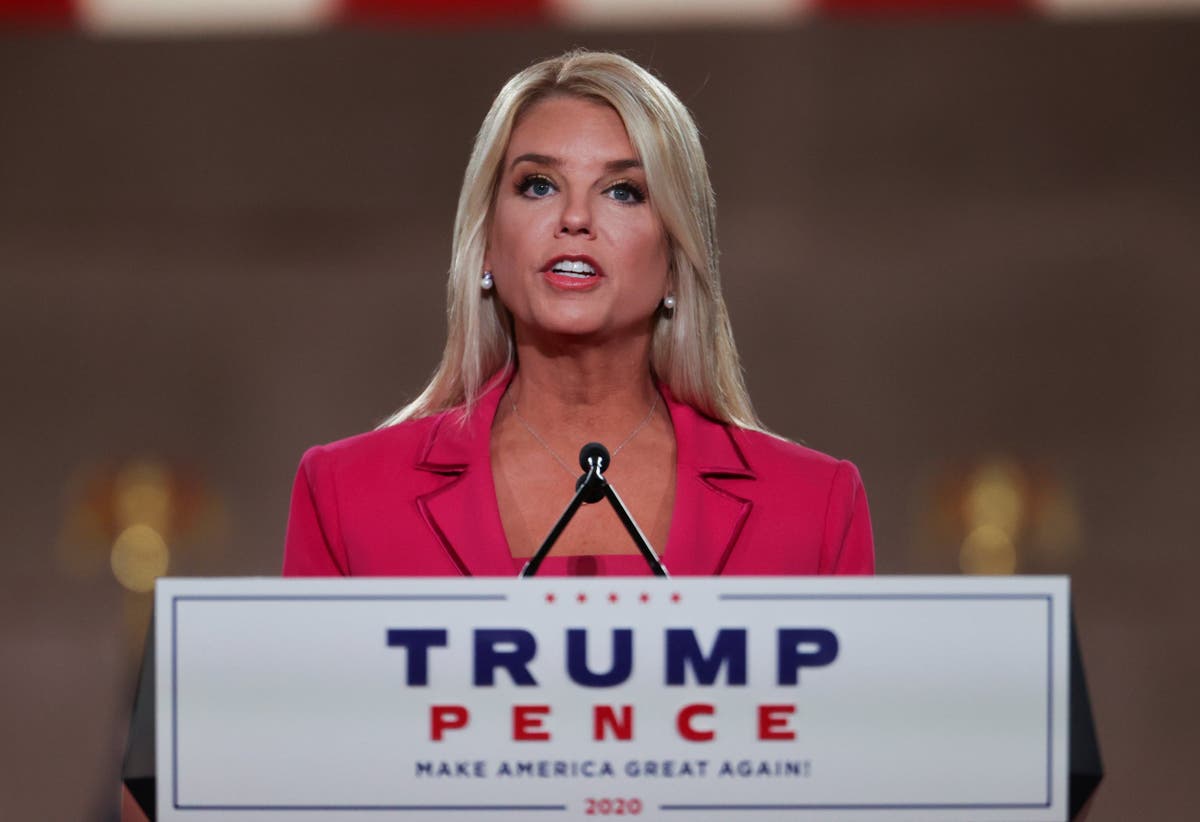
Farmers are taking to the streets on Tuesday amid a furious backlash on changes to inheritance tax for farmers. Here are answers to some of the key questions. – What are the changes? Previously, farming businesses qualified for 100% relief on inheritance tax on agricultural property and business property.
But now the tax is being imposed on farms worth more than £1 million, with an effective tax rate of 20% on assets above the threshold, rather than the normal 40% rate for inheritance tax. The Government says that the actual threshold before paying inheritance tax could be as much as £3 million, once exemptions for each partner in a couple and for the farm property are taken into account. – Why have the changes been brought in? The Government has said “difficult decisions” had to be made to fill a £22 billion fiscal hole it inherited from the Tories, and it is targeting the agricultural inheritance tax relief to make it fairer.
It said figures showed that the 7% of wealthiest estates account for 40% of the total value of agricultural property relief, costing the taxpayer £219 million. – So how many farmers will be affected by the changes? That has caused some debate. According to the Treasury, some 27% of estates claiming agricultural property relief (APR) were above the £1 million threshold in 2021/2022, suggesting that nearly three-quarters of farms would not fall within the scope of the charges.
The Treasury says around 500 estates a year are expected to pay inheritance tax under the changes. However, the National Farmers’ Union (NFU) says farm businesses have also qualified separately for business property relief, which can cover things such as harvested grain and livestock, machinery and diversified businesses such as camping on a farmer’s field. Now the two are combined, with a single £1 million allowance before inheritance tax is levied, which could mean more farms are in scope.
The NFU points to figures from the Environment Department (Defra) showing that 66% of farm businesses in England have a net value of more than £1 million. But the Government has countered that analysis, saying that looking at asset value alone does not necessarily mean the farm will be affected, as it depends on individual circumstances. – Why do farmers say the changes are a problem? According to the NFU, while farms may have a high nominal asset value – the value of their land and business assets – the returns from farming are often very low, so farming families may not have the reserves to pay for inheritance tax liabilities without selling off assets.
The NFU’s president Tom Bradshaw said the change had left elderly farmers in the “cruellest predicament”, as they may not live for another seven years to take advantage of exemptions for gifting assets, or to hand over assets in a way that qualifies for the gifting exemption. He has also warned the changes could undermine investment as farmers will be wary of increasing the balance sheet as they will be liable to pay inheritance tax on it. There are also concerns that it could affect tenant farmers if landowners no longer benefit from having a tax exemption for farmed land.
Mr Bradshaw said there was a feeling among farmers that the Government did not understand food production. How has the Government defended itself? Environment Secretary Steve Reed said the current system had become “the most effective way for the super-rich to avoid paying their inheritance tax”, forcing up rural land prices and stopping young farmers owning their own land. Ministers have continued to insist that the majority of farms would not be affected.
The Government has also said it supports farmers, highlighting £5 billion for the farming budget over the next two years. But that has been another issue for farmers, who point out that the phase-out of EU-era subsidies in favour of nature-friendly farming payments was speeded up in the Budget , with farmers set to receive no more than £7,200 in 2025 under the old regime. Where will this end? At the moment there seems to be something of an impasse, with the Prime Minister and his ministers sticking to their guns on the issue, and farmers insisting it must be reversed.
Farmers are taking to the streets for a rally, with thousands expected to turn out in Westminster on Tuesday to show their anger at what one of the organisers, Lincolnshire farmer Andrew Ward, described as a “spiteful Budget which threatens the very heart of the countryside”. He said: “Food production, wildlife and generations that have built a business will suffer, and Labour have to realise just how many people will be affected.” And ahead of a mass lobby of MPs by the NFU also taking place on Tuesday, Mr Bradshaw said: “I don’t believe the Government have any choice but to rethink this policy.
” That shows no sign of happening yet, but the impact of Tuesday and any future protests is yet to be seen..














